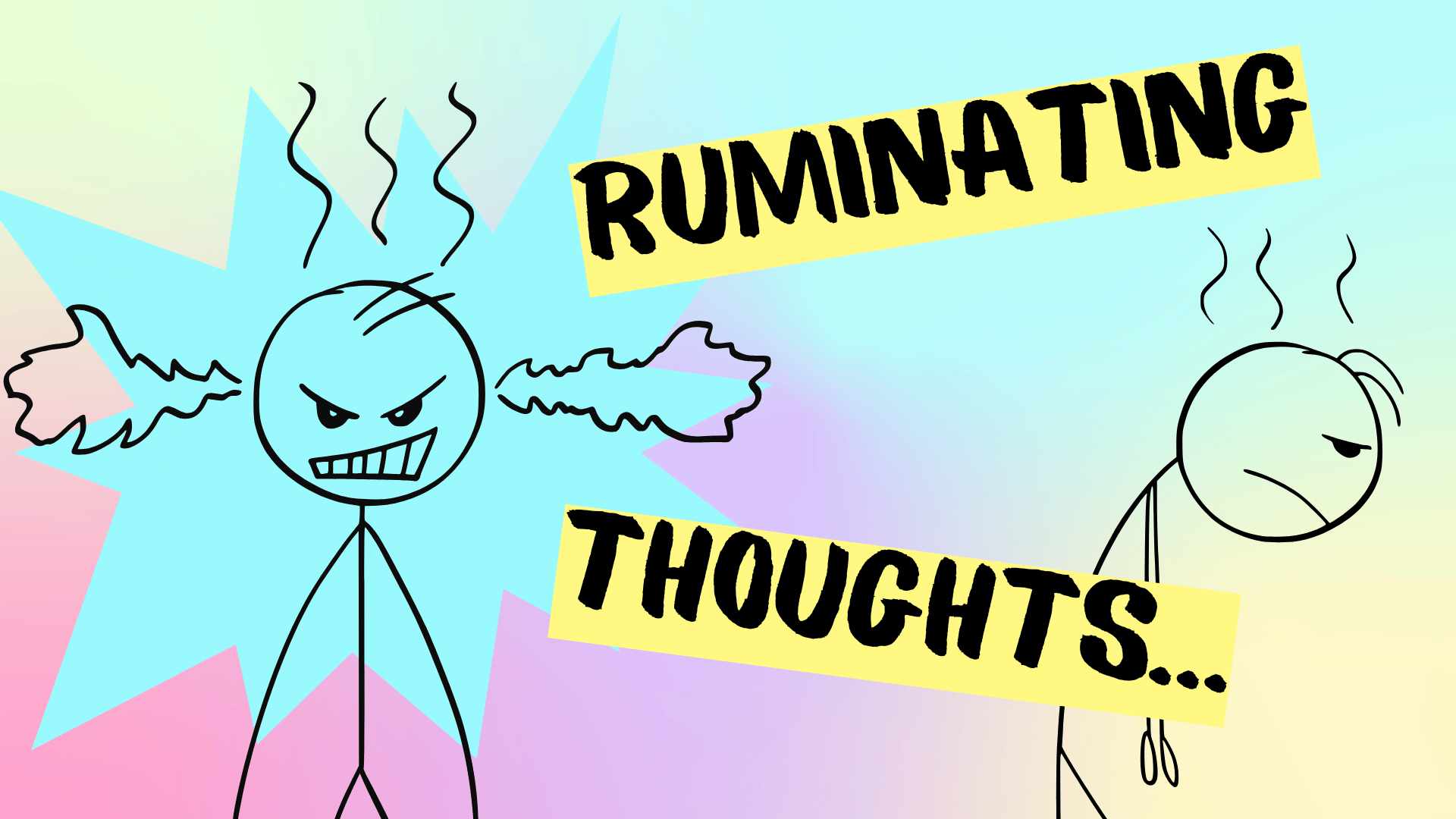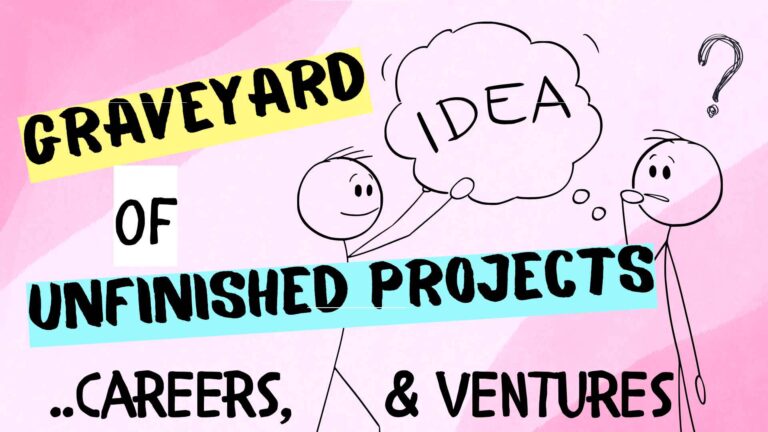Ruminating Thoughts… He’s Gonna Blow!

A faux pas has occurred. An insult, an injustice. The experience has left me livid. I’ll leave out the details for the sake of privacy, but I am NOT happy.
I would like to point out that I slept on this, I just didn’t run over to the computer, banging out my anger. Unfortunately, the disappointment crept back in while I was driving to work. I then realized… I was ruminating on the injustice.
Table of Contents
What is ruminating?
Medical News Today explains ruminating as “thoughts [that] are excessive or repetitive thoughts about negative experiences”. I call it beating a dead horse, turning it over, and beating it to death again.
If you read the article “20 Things To Remember if You Love a Person With ADD/ADHD” there are some important things to point out about our brains. We are unable to regulate our emotions and have emotional outbursts. I am quick to point out, this is not the same for everyone.
In this particular situation, it wasn’t just me doing the same old ADD things I do, it was a shared reaction from “my tribe”. Everyone felt the sting of the insult. I would guess that they are also ruminating – because they are simply humans.
Unfortunately, I was no stranger with the cycling of the negative ruminating thoughts.

Ruminating happens to us in a reaction to something in our life. It goes hand-in-hand with processing, so you can move it. When you can’t move on… then you have problems.
I remember past thoughts, for whatever reason, stayed with me for several months. I obviously had issues I had not dealt with. Every 30-minute car ride to work, they revisited me. There was a lot of thinking going on at that time.
Looking back, I’m glad I had that time to turn over and look at those thoughts closer. Zoning out during a car ride is common for ADD/ADHD brains.
Where do ruminating thoughts come from?
I know where my ruminating thoughts come from, I’m usually upset about something. Not surprisingly, these dark thoughts can come from a traumatic event, going through major changes (think a bad romantic break-up), a stressful event, fear or phobia, or awaiting important news, according to Medical News Today.
Also, be aware that medical conditions or some medications can play into the thoughts you already are having.
Luckily, you’re not floating around without a life jacket, there are strategies to stop these endless circle of thoughts.
Stopping ruminating thoughts
It goes without saying, a positive resolve or outcome will put an end to these monkeys. The ideas below are strategies that anyone can do. For more extreme issues where it starts interfering with daily activities, seek the help of a trained medical professional.
I’m actually going to comment on the ideas from Medical News Today:
Distraction. Games, walks in natures, cooking, etc. are great for occasional rumination events. Changing locations is beneficial, too. Get yourself out of the space that is causing you distress.
Writing it down; journaling. This can be surprisingly helpful. The times I have used it, I can feel myself decompress – give it a try!
Talking it through. Hey, that’s most people’s go-to. It really seems to de-escalate a situation and is a great stress reliever. When sharing with others and getting validation for your feelings, we can move into a better place. Sometimes, we may even walk away with the perspective that maybe we misread the situation and it’s not the big, bad monster we thought it was.
If you can’t talk it over with others, try talking it out with yourself. In the article “Talking to Yourself is a Good Thing” I cover four ways that talking to yourself helps.
Meditation, mindfulnes, relaxing music. These techniques work. If you’re not able to talk out your anger with someone, you can instantly accesss simple tools like listening to “chill” music (thus, the name).
Avoid triggers. Um, don’t know how one does this. I am often blind-sided by an unexpected happening. I am sure expected events, like seeing your ex, would be a trigger. I know that this advice seems like a no-brainer, but the simple approach is always best.
Before I wrap up…
Harvard Health suggests another option: positive self-talk. I will admit, that’s pretty tough to do. In my personal story, bad behavior was predicted, yet I tried to hope for the best. When the poor choice took place, the disappointment was all the more painful.
Realize that there is a scale of rumination from low to high. Mine was on the high end, no doubt. Writing my thoughts here has been a great diversion (great job, brain!).
Find a coping strategy that works for you, because you’ve got much better things to do than driving over the same ruts in the road!
#inthistogether -Renee




